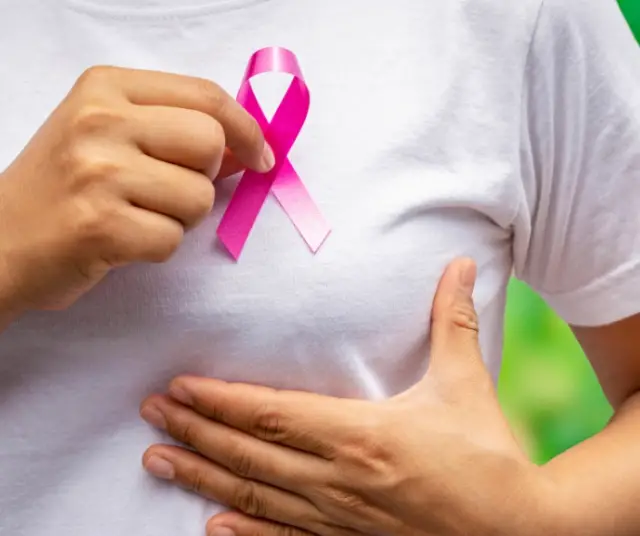October 19 marks World Breast Cancer Day , a date intended to raise awareness of this disease and promote the importance of prevention, early detection, and proper treatment. In Colombia, as in many countries, breast cancer represents a significant public health challenge and affects thousands of women each year.
Breast Cancer in Colombia: A Persistent Reality
Breast cancer is a major public health concern in Colombia. This disease has established itself as the leading cause of cancer death in women, generating a significant burden both in terms of health and emotionally for patients and their families. Despite advances in medical care and growing awareness, breast cancer remains an alarming reality that requires continued and coordinated action to improve prevention, early detection, and comprehensive care.
Incidence and Magnitude of the Problem
Each year, more than 6,000 women in Colombia are diagnosed with breast cancer, according to data from the National Institute of Cancerology . This number reflects the magnitude of the problem and highlights the urgent need to address it effectively. Incidence rates have been on the rise in recent years, underscoring the importance of taking concrete steps to counter this worrying trend.
Several risk factors contribute to the development of breast cancer in Colombia. Age is a significant factor, as women over the age of 50 face a higher risk. In addition, a family history of the disease, hormonal changes, obesity, lack of physical activity and alcohol consumption are factors that increase the probability of developing breast cancer. While these are conditions that affect women around the world, in the Colombian context, certain populations may be more vulnerable due to socioeconomic barriers and access to healthcare.
Despite the challenges, Colombia has made notable progress in promoting the prevention and early detection of breast cancer. Awareness campaigns, education programs and the promotion of breast self-examination have contributed to raising awareness of the importance of early detection. In addition, mammographic screening programs have been implemented in different regions of the country, allowing early detection in asymptomatic women.
Challenges and Barriers in Access to Treatment
Despite advances in prevention and early detection, Colombia faces significant challenges in access to treatment and comprehensive care for women with breast cancer. Barriers may include lack of access to quality health services, geographic distance to treatment centers, lack of financial resources, and lack of awareness about the importance of seeking care.
In some rural and marginalized communities, women may face difficulties in accessing specialized health services and receiving adequate treatment. This highlights the need to continue working on the expansion of the health infrastructure and the training of medical professionals throughout the country.
Comprehensive Support and Well-being of Patients
The diagnosis of breast cancer can be emotionally overwhelming for patients and their families. Therefore, it is essential to provide comprehensive support that addresses not only medical needs, but also emotional and psychological ones. In Colombia, psychosocial support programs and patient groups have been established to help women face cancer with resilience and hope. In addition, it is essential to promote continuing education about breast cancer and its risk factors. This includes promoting the importance of a healthy lifestyle, regular breast self-examination and participation in screening programmes.
The Importance of Education and Awareness
Education and awareness play a key role in the fight against breast cancer in Colombia. Awareness campaigns in the media, social networks and community events help to dispel myths and misinformation about the disease. By educating the public about risk factors, symptoms and the importance of early detection, the stigma associated with cancer can be reduced and a culture of care and support can be fostered.
